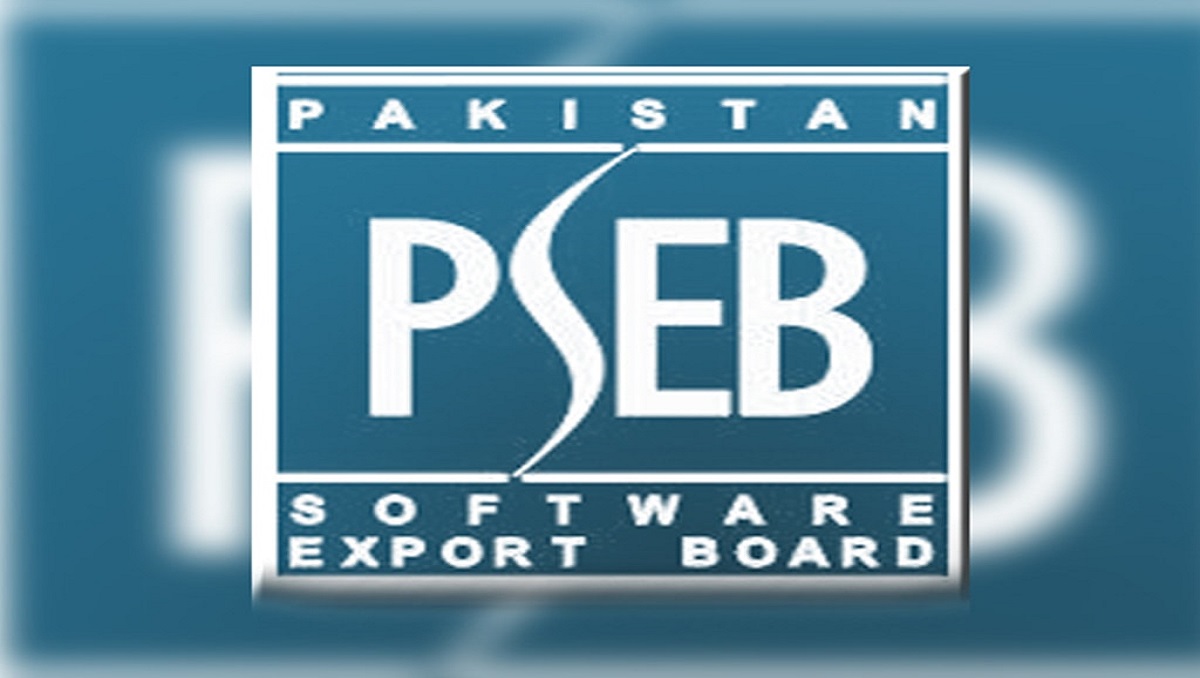PSEB Steps Up to Establish Knowledge Parks in Each Province

Pakistan Software Export Board (PSEB) has initiated its plan to set up Knowledge Parks at public sector universities in different cities of each province.
In this regard, the board has asked universities through RFP to submit their proposal by February 16.
The proposed Knowledge Parks will be established in major cities across the country. Under Phase-I, Knowledge Parks will be established in 04 provincial capital including Karachi, Quetta, Lahore, and Peshawar at an estimated cost of Rs. 939.359 million. Upon successful completion, this network will be expanded to Hyderabad, Multan, Bahawalpur, Faisalabad, Rawalpindi, Islamabad, Muzaffarabad, and Gilgit under Phase-II of this project
The Knowledge Parks will be equipped with ICT infrastructure to ensure high speed and reliable connectivity, backup power arrangements, co-workspaces and likewise to create an eco-system for innovation, fostering continuous learning, human capacity building and nurturing entrepreneurship. Knowledge enterprises will be provided office space at an affordable rental but their presence in the Knowledge Parks will also create linkage between the industry and academia.
Objectives and Functions of Knowledge Parks
This network of Knowledge Parks will contribute, through technology and innovation, increase business competitiveness and overall development of the IT as well as other industries in Pakistan. Furthermore, the Parks will provide a platform for Government, Academia, and Private Sector to collaborate and capitalize on and intensify existing R&D in order to create competitive products and services in a global context and act as a point of convergence for science, technology, and innovation policies in the pursuit of the development of knowledge-based society.
According to PSEB, this project aims at creating an ecosystem to encourage innovation, collaboration, job creation and close interaction between stakeholders to share experiences and excel for more. This ecosystem will provide opportunities for industry and academia to optimize technology education delivery, develop interfaces to initiate startups and deepen partnerships for joint research and product developments.
In this regard, public sectors universities will be preferred for establishing these Knowledge Parks, which will be provided them opportunities to partner with leading IT/ITeS companies as well leading universities of the world. This shall also provide a fostering environment furthering the much-needed ease of-doing-business.
The parks will support the Industry-Academia collaboration, which will generate nearly 4,000 IT undergraduates and graduates through in-demand industry recommended trainings. Besides, 400 faculty members will also be trained on in-demand technologies. These trainings will be delivered by the seasoned industry professionals having hands on practical experience of selected technology domains.
The universities should ensure availability of the building for at least 10 years from the date of establishment as a Knowledge Park and remain extendable for next terms with mutual consent.
HEC enabled Digital Libraries
Public universities should have a minimum office space of 20,000 square feet for the knowledge park. The university offering space larger than 20,000 square feet area will be preferred. It should ensure the availability of an LMS that is equipped to provide real-time monitoring and reporting of the training programs, capable to provide training opportunities to off-campus students/IT professionals, content management such as content upload by participants, trainers, mentors, admin; submission and grading of assignments; ranking and feedback by both students, trainers and mentors; tracking of progress of each training participant; and participation of trainees through virtual classrooms.
The universities should have access facility to HEC enabled Digital Libraries to the participants of the training programs.
The university should ensure the availability of existing R&D facilities/labs, incubators for startups(preferred), and availability of faculty in emerging technologies e.g., Blockchain, AI, Cloud, Data Sciences, Internet of Things (IoT), AR/VR, Robotics, 5G, Digital Twins, and High-Performance Computing etc.
Also Read: PSEB & P@SHA Launch Country’s First-Ever Free IT Boot Camp
PTA Taxes Portal
Find PTA Taxes on All Phones on a Single Page using the PhoneWorld PTA Taxes Portal
Explore NowFollow us on Google News!
